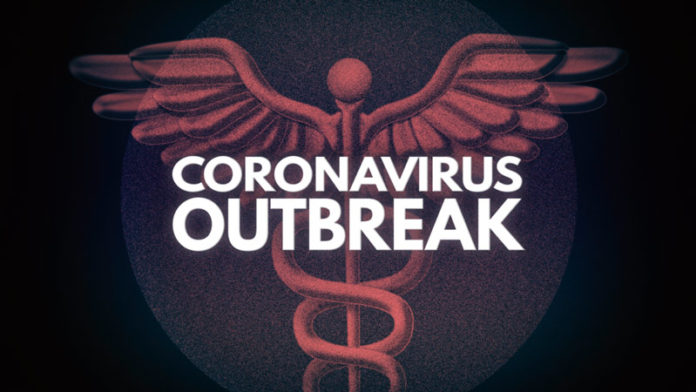San Benito County officials are preparing an order that will require local residents to wear face coverings when they need to go out in public in order to continue to prevent the spread of coronavirus.
The order was expected to go into effect this week, but had not been issued as of April 21, according to county spokesman David Westrick.
And to help ensure as many people in the community have access to face coverings as possible, county staff are teaming up with the chamber of commerce to help local home mask makers produce and distribute thousands of protective garments to residents.
Previous recommendations about face coverings posted by the county are expected to comprise the order. These include that residents must wear face coverings when in public to conduct essential activities such as grocery shopping; and anyone working as an essential employee interacting with the public must wear face coverings.
Health officials caution that residents should still continue other important practices to prevent the spread of COVID-19: wash hands frequently; maintain at least six feet of distance between yourself and others when in public; avoid touching your face with unwashed hands; and avoid being around sick or potentially sick people.
Face coverings, typically made of cloth, must cover the nose and mouth, according to health officials. They don’t have to be high-tech or expensive; an acceptable covering can be secured to the head with ties or straps, or simply wrapped around the lower face. It can be made of a variety of materials, such as cotton or linen.
A cloth face covering can be factory made or sewn by hand, or it can be improvised from household items such as bandanas, scarfs, T-shirts, sweatshirts, pillow cases or cotton sheets, according to county staff. Face coverings should be washed frequently—ideally after each use—and should be discarded if it no longer covers the nose and mouth, has stretched or damaged straps, can’t stay on the face or has holes or tears in the fabric.
County staff have offered web links and tips on how to make your own face coverings at home.
San Benito County remains under a shelter-at-home order through May 3 in response to the ongoing coronavirus pandemic. As of April 20, there have been 44 cases of COVID-19 in San Benito County, with two deaths. A total of 705 local patients have been tested for the illness, and 40 patients have recovered from COVID-19.
Masks for the community
The county, chamber of commerce and City of Hollister are teaming for a “mask initiative” to produce and distribute homemade face coverings to the community. The city and county will each donate $5,000 to the effort to produce the “brand new, locally made cloth masks” that will be distributed at no cost to disadvantaged residents.
The funds will be used by the San Benito County Chamber of Commerce, which will pay local mask makers a fee of $5 for each handmade mask. The completed masks will then be distributed by partnering non-profit organizations, according to county staff.
Westrick said the chamber has a “long waiting list” of local residents who are able and willing to assemble masks for the initiative.
Anyone who is able to produce and donate face coverings through this effort can call the chamber at (831) 254-6044 or email CE*@********************er.com.
Recology offers a break
Local solid waste contractor, Recology, is offering local businesses and residents opportunities to cut their trash and recycling pickup costs during the coronavirus pandemic.
Businesses that have been affected by COVID-19 can request a reduction in service to reduce their monthly charges, reads a press release from San Benito County. Recology provides these services through contracts with the county, City of Hollister and City of San Juan Bautista.
Furthermore, customers experiencing financial hardship due to COVID-19 can contact Recology’s customer service to discuss payment arrangements. “Recology will not stop residential or business service for non-payment during the shelter in place,” reads the press release.
Recology also offers reduced “lifeline” rates for qualifying low income residents.
For more information or to request service changes, call Recology customer service at (831) 636-7500.










